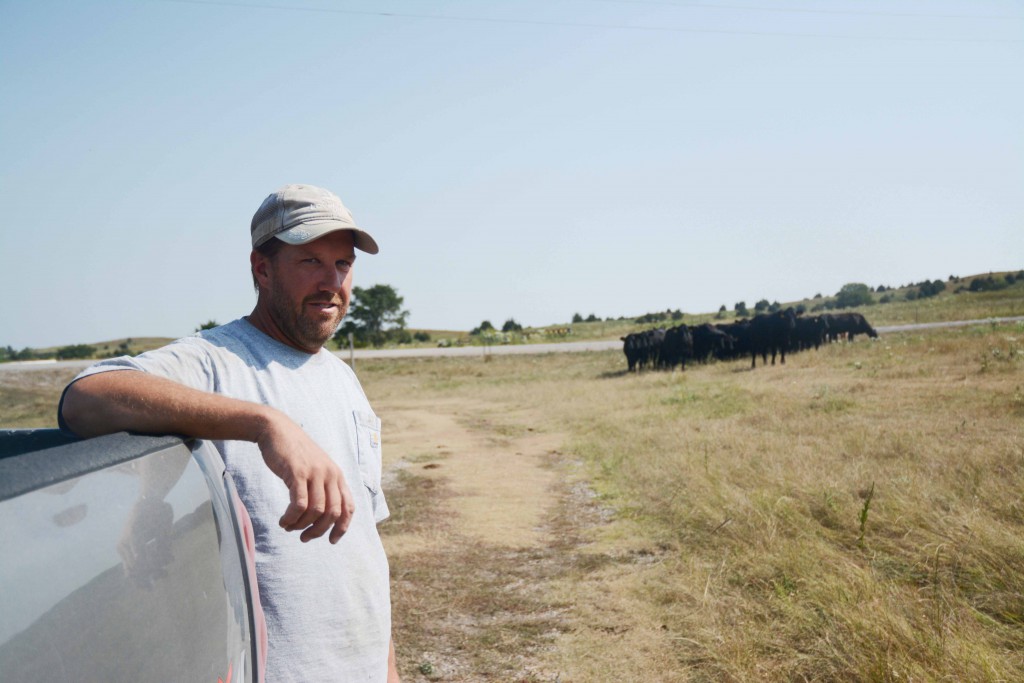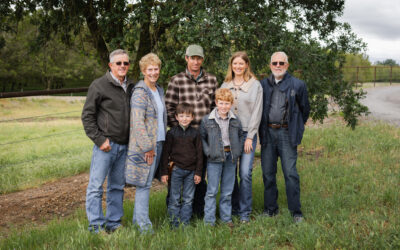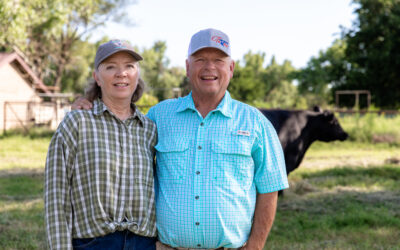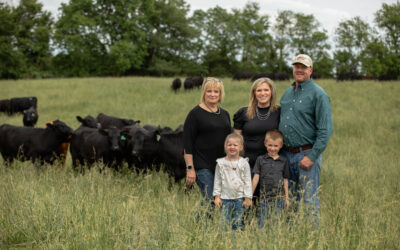
In the neighborhood
Sometimes I wish I knew just a little bit more about these critters that share our little slice of “the good life.”
A couple of weeks ago, that wish was granted.
Meet Ryan Schneider. A third-generation Cozad, Neb., cattleman and in essence my neighbor (just a few sections away anyway).
His brother Jason and their dad, Randy, work in partnership, raising 500 commercial Angus cows, along with a crop farming enterprise. Their sister Jennifer Howerter also has cows in the herd and helps work calves.
Just a few miles on either side of the Platte River, the valley gives way to rolling hills and canyons rich with warm- and cool-season prairie grasses. The Ogallala Aquifer provides water and makes it a pretty darn nice place to raise cattle.
That’s where Ryan’s grandpa started with a crossbreeding program that eventually gave way to straightbred Angus when they saw the growth improvements in the breed. Plus, those solid black cattle sold better at the nearby Lexington (Neb.) Livestock Market.
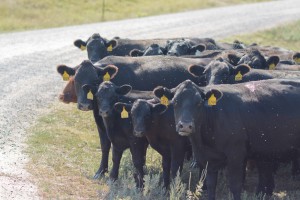
For Ryan, it was about taking the whim out of it. The cattleman liked having a set price he knew he could bank his whole year’s work on, rather than leaving it up to which buyers were in the seats that day.
Then there was an added bonus: “At the salebarn you didn’t get anything back,” Ryan says, but the last few years, owner/manager Anne Burkholder of nearby Will Feed, has correlated ranch tags to feedyard tags and given the family performance and carcass data.
The results are promising. Their 2014 heifers went 94% Choice and Prime, with 40% of them qualifying for the Certified Angus Beef ® (CAB®) brand.
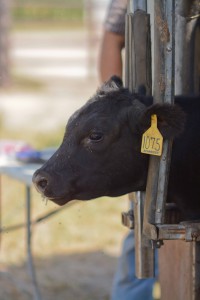
“A couple of years ago one of the cows didn’t look like it was milking and sure enough, last year’s calf weaned 150 lb. lighter than the average,” he says. “It’s nice where she keeps everything; not everybody does that.”
Of course, that relies on calves first being individually indentified at the ranch level, something that even Grandpa Schneider did.
Another thing that was instilled from the older generations: the importance of preconditioning and selective culling.
“Dad always said if there’s a bad attitude, they go down the road,” Ryan says.
Like many herds in the area, drought caused them to reduce numbers in 2012.
“If we would have kept all the cows and fed them, we’d be money ahead,” the rancher says. But there’s no point in looking back with regret. “It improved our herd, too,” he adds.
The goals from here on out? Keep improving and keep growing.
And I’ll keep enjoying what they add to my local scenery.
May your bottom line be filled with black ink,
Miranda
You may also like
Legacy in the Golden Land
On a quiet stretch of Northern California rangeland, a different story unfolds. The Borror family’s legacy modestly speaks through the cattle they raise, the ground they steward. The generations who’ve made a life here demonstrate commitment to doing things right, even when no one is watching.
Helping Hands, Helping Herds
“When I die, I want to come back as one of your cows,” murmurs a friend to Steve Zybach. Full to the brim from an alfalfa ration every day, bountiful fields of lovegrass stretched out across the Texas Panhandle—and owners who leave no ounce of cattle care up for question. The Zybachs’ motivation for this level of dedication to their Angus cattle is simply love.
An Ambassador for All
Joanie, with daughter Lindsey and her husband, Adam Hall, raise registered Angus cattle with two primary goals: producing high-quality seedstock that perform well in a wide variety of environments and ensuring end-user satisfaction. Those goals tie everything together, from promoting Angus to other producers to sharing their story with CAB partners and beef consumers.

